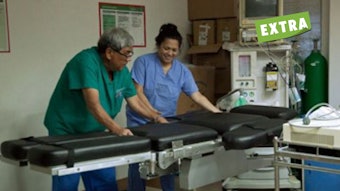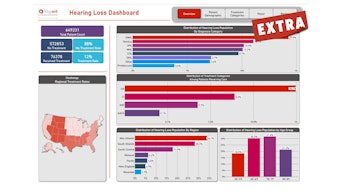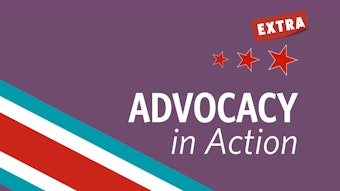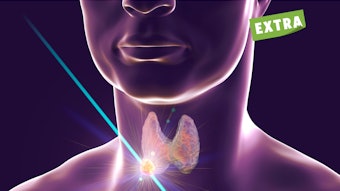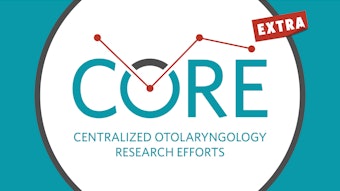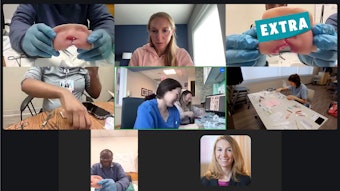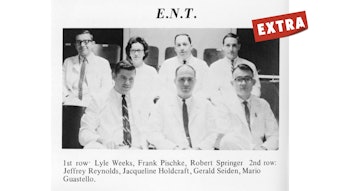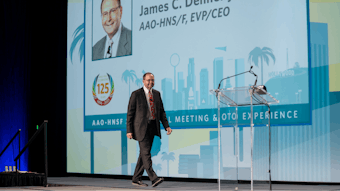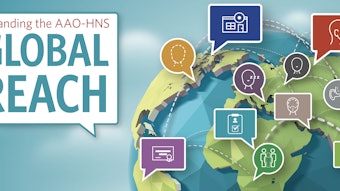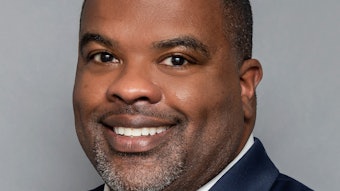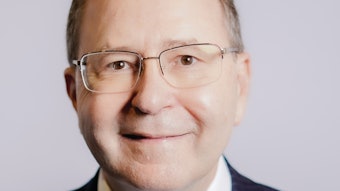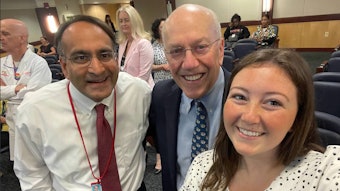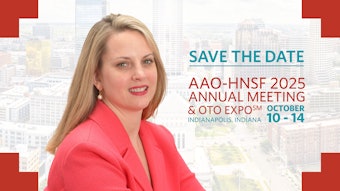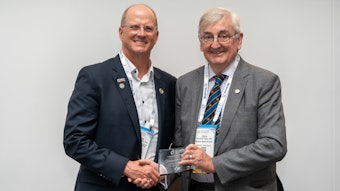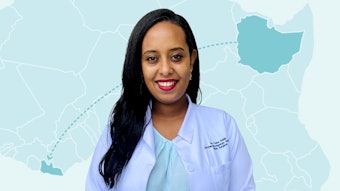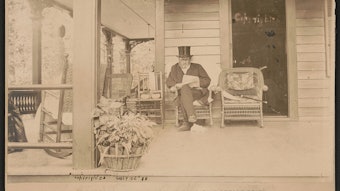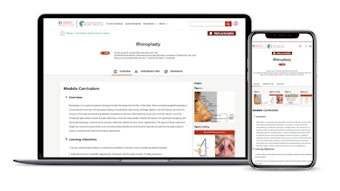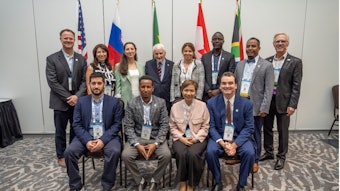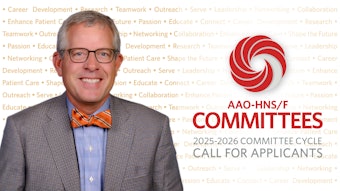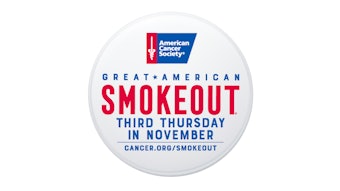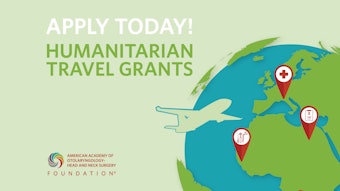Around the World in 277 Days with Nikhila P. Raol, MD, MPH
Leaving the safe space of Western medicine forced me to confront my biases, rediscover my passion for helping people, and redefine my identity in both my career and personal life.
Nikhila P. Raol, MP, MPH
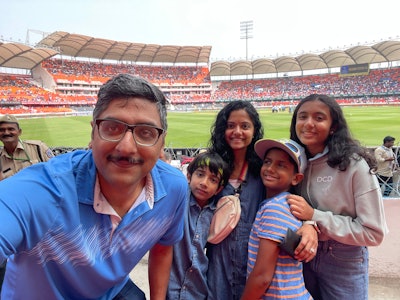
Entering mid-career, I had achieved so much of what I set out to do career-wise. I had a thriving academic practice in the clinical areas about which I was passionate. I loved my patients, my partners, and my community. I continued to struggle with getting research funding, but I had achieved modest success in research and publishing, undoubtedly thanks to an extremely supportive boss. Despite that, I could not help but feel lost. As I have discovered after talking to my colleagues who graduated around the same time, I was having the “now what?” and the “who am I?” moments that seem to define what has been termed the midlife crisis.
Meanwhile, I was embarking on a new research focus within my area of interest that was fraught with controversy and bias both in the medical and lay world, making conducting quality research on that topic both difficult and daunting: tongue-tie. That is when I believe the universe spoke to me. Louise Davies, MD, MS, a brilliant surgeon-scientist, gave grand rounds at our institution, talking about her Fulbright experience studying thyroid cancer surveillance in Japan. To say my eyes and my mind were opened is an understatement. The wheels in my head began turning with questions like, “Where can I study tongue-tie without the bias and the extreme focus on the entity? Where do people breastfeed a lot more than in the U.S.? Where could I take my family for some time for an experience that helps shape all of us as people?”
And this is how we landed in Hyderabad, Telangana, India to investigate the role of ankyloglossia in breastfeeding difficulties. I was fortunate to be awarded a Fulbright-Nehru Scholar Award to study what I wanted to study, in the city where my parents were born, where breastfeeding rates at six months are quite high (just under 70%), and where I spoke both of the primary languages of the majority of people. We arrived in this city with a population of over 11 million in September 2023, embarking on the journey of a lifetime.
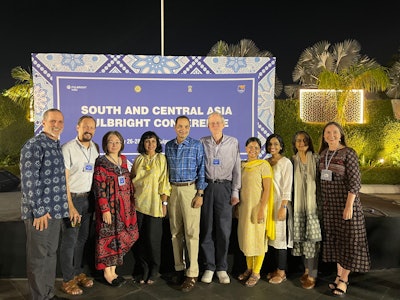
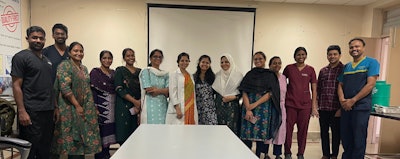
During my time there, I didn’t perform surgery, though I observed several procedures. Instead, I spent my days meeting with and talking to new mothers and their families, checking babies for tongue ties, and learning how to support breastfeeding moms. Sometimes this involved simple strategies of positioning, but often it was providing reassurance and a listening ear. I helped families navigate the healthcare system. I learned new words in Telugu and Hindi, and I cultivated relationships with families. I saw how multigenerational households created an environment that supported new moms and babies. I observed the attitudes of women toward childbearing and childrearing within the population with which I worked, with nearly universal contentment and joy with the traditional role of the wife and mother. I made friendships with colleagues in pediatrics, surgery, lactation, and dentistry, soaking up everything I could from them about their patient care management strategies.
At the same time, our family embraced being global citizens. Our kids learned to speak, read, and write Telugu. They became involved in Indian classical dance and cricket. They learned cultural norms and became well versed with various cuisines of Indian food, neither of which were done with ease or even grace. We met with some distant relatives and formed lasting bonds. I made friends with other school moms, and we lamented about the same concerns and laughed about the same precocious comments that our kids had made. Our family volunteered at schools to help with English and at programs to help unskilled workers learn skills to land jobs.
Leaving the safe space of Western medicine and the Western world forced me to both check my own existing biases and truly acknowledge that there is almost always more than one right way to get to the desired outcome, whether in medicine or life. It also allowed me to think as a whole person again when planning for this next stage of my life and career. I recently read a quote from American entrepreneur Chip Conley that this coming-of-age period in midlife is “not a crisis but a chrysalis,” and can be a time of reinvention. I believe my Fulbright journey was just the start of that for me. I became reinvigorated and rediscovered the utter joy of helping people. I remembered that so much of why I love being in medicine and being an otolaryngologist is the people that I am lucky enough to call my colleagues and friends. I understood the importance of my culture, language, and background to my identity and to the life experience we want to cultivate for our family.
We spent 277 days as temporary Indians, and it has now been a little over a year since I began this journey with my family. My research is nearly complete and will hopefully be in the literature soon. But my reinvention continues, and as I find my whole self, in me, I see a better and more resilient and forgiving doctor, mother, wife, friend, and community member who is embracing the journey with much more aplomb.
